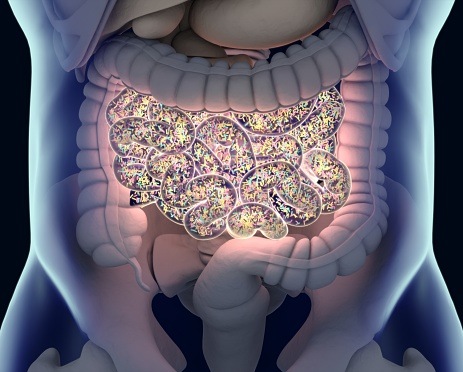
In patients with atrial fibrillation (AF) who receive anticoagulants, lower gastrointestinal (GI) bleeding is associated with an increased risk of colorectal cancer (CRC), according to a study published in the European Heart Journal.
“Lower GI bleeding should not be dismissed as a benign consequence of oral anticoagulation therapy but always examined for a potential underlying malignant cause,” the researchers noted.
The study included 125,418 Danish patients (median age, 73 years; 58% were male) with AF initiating oral anticoagulation therapy who were identified via Danish administrative registers between 1996 and 2014. Patients did not have a CRC diagnosis at the time of inclusion and were receiving warfarin, rivaroxaban, phenprocoumon, apixaban, or dabigatran.
Increased risk of CRC following GI bleeding across all age groups
During a maximum of three years of follow-up, 2,576 patients experienced lower GI bleeding, 140 of whom were subsequently diagnosed with CRC within the first year of this bleeding. This was the case for patients in all age subgroups.
The absolute one-year CRC risk for patients with GI bleeding ranged from 3.7% (95% CI, 2.2-6.2) for those aged ≤65 years to 8.1% (95% CI, 6.1-10.6) for those aged 76 to 80 years. Comparatively, the one-year risk for CRC among patients who did not have lower GI bleeding ranged from 0.16% (95% CI, 0.15-0.16) to 0.53% (95% CI, 0.55-0.87), respectively.
Researchers compared patients with and without lower GI bleeding and observed increased risk ratios of CRC across all age groups, with a risk ratio of 24.2 (95% CI, 14.5-40.4) for those aged ≤65 years and 12.3 (95% CI, 7.9-19.0) for those aged >85 years.







 © 2025 Mashup Media, LLC, a Formedics Property. All Rights Reserved.
© 2025 Mashup Media, LLC, a Formedics Property. All Rights Reserved.